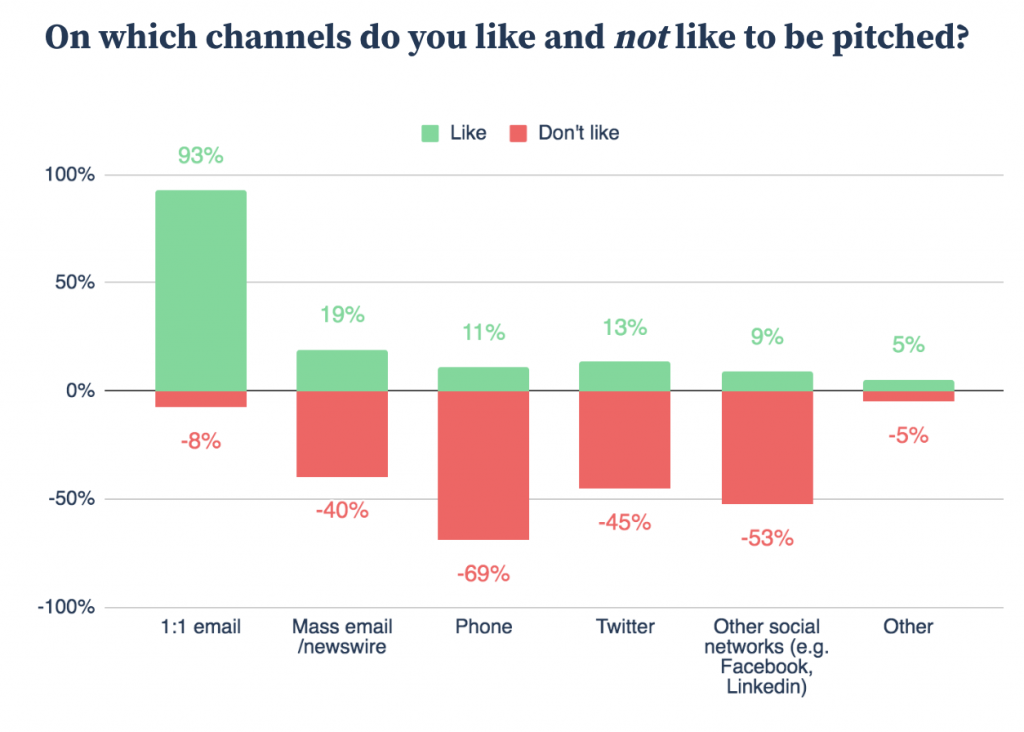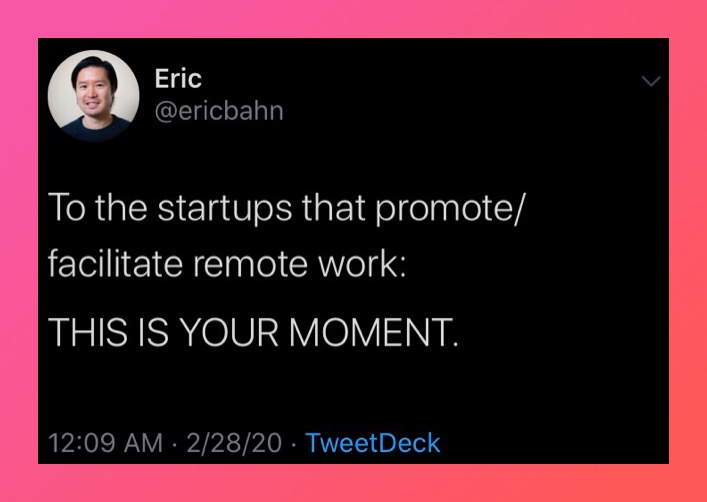If you’re about to make an announcement about your company’s latest news and think that well-written press release will guarantee the front page of the NY Times, you might want to sit and have a read. A recent survey conducted by media resource Muck Rack showed that journalists prefer to be contacted with news via short, personalized email pitches (preferably no more than three lines) over any other kind of contact. The survey, conducted among 700 media contacts reinforces that social media and good old-fashioned relationship-building are key to getting to the top of the pile.
So what does that mean for your next announcement?
Hold off on sending the press release and get to know your favorite editors and producers before you start telling them about your latest, greatest news.
When you think about it, this makes total sense since our friends in the media receive emails and phone calls constantly. The pressure is also always on to keep one eye plugged in to social media where a lot of news seems to break faster. It’s also just a nice courtesy.
How do I get someone’s attention?
If your PR pro has been counseling you to look beyond the generic press release, this may be why. Listen to them. Adding a solid strategic communications plan, plus great relationships is the best way to generate media interest for your business.
Don’t have a publicist on your team? Call me.
If you’re wondering what to do with that 1,000 word masterpiece that you just paid through the nose for? Think of it as dessert, and the pitch is the appetizer. Your interview is the meal. You can always use the press release for additional background, and at the very least for search engine optimization on your Web site.
Here are some other highlights from the survey:
- The most preferred method of pitching among journalists is 1:1 email. Least preferred is by phone.
- 65% of journalists like to be pitched between 9-11am.
- Lack of personalization is once again the #1 reason why journalists reject otherwise relevant pitches (25%), followed by bad timing (23%)
- 1/3 of journalists want to receive pitches under 3 sentences in length, with another 61% preferring under 3 paragraphs. Only 6% of journalists would like to receive pitches over 3 paragraphs.
- 83% of journalists cited Twitter as the most valuable to them (up from 70% last year), followed by Facebook 40% (up from 22% last year).
Social media provides instant feedback
A curious thing to note about Twitter. One of the best parts of social media is it provides an opportunity to have conversations about your passion in real-time with people all over the world. For media companies, it gives them the information they need to know exactly how their reporting is being embraced, discussed and shared.
It’s also a wonderful resource to add to your research toolbox when figuring out what kind of news your media contacts want to know about.
So there you have it. Don’t pick up the phone, personalize your pitches, and I’ll see you on Twitter.
You can also schedule a call to discuss whether or not you should send out that next announcement as a release…or a simple tweet.




